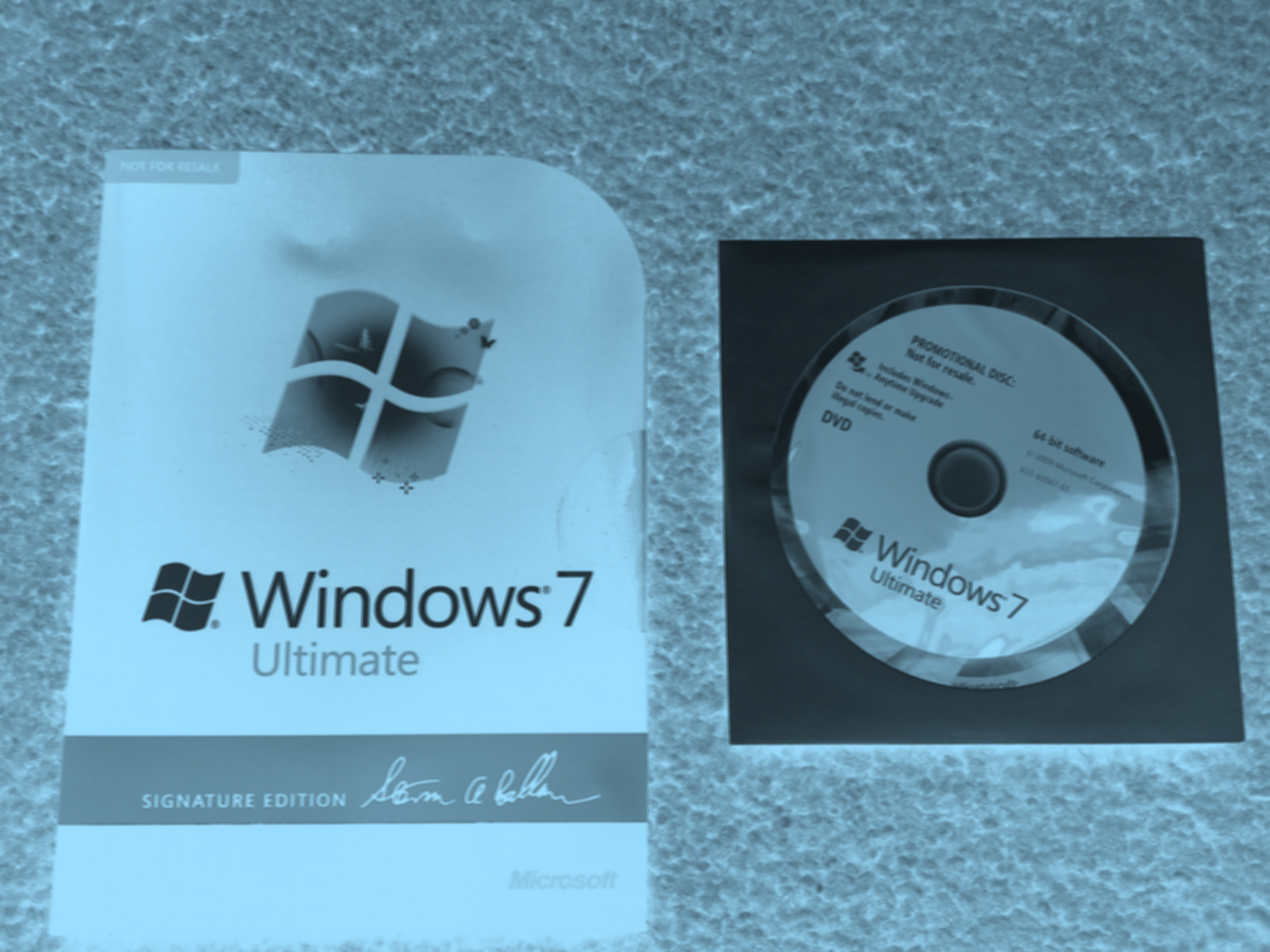There are many measures of success, and some are less desirable than others. Windows is the standard by which cybercriminals measure their wares—eh, malware. Their devotion to Windows is testament to Microsoft’s success. The company should just accept the feint praise for what it is.
Microsoft claims that Windows is more widely attacked by malware than, say, Mac OS X because of volume; many, many more people use Windows PCs than Macs. The claim is great PR, because it kind of makes sense and is unprovable without Macs gaining lots more marketshare. But on closer examination, the claim is pure BS. Microsoft security experts know so, or they’re delusional.











